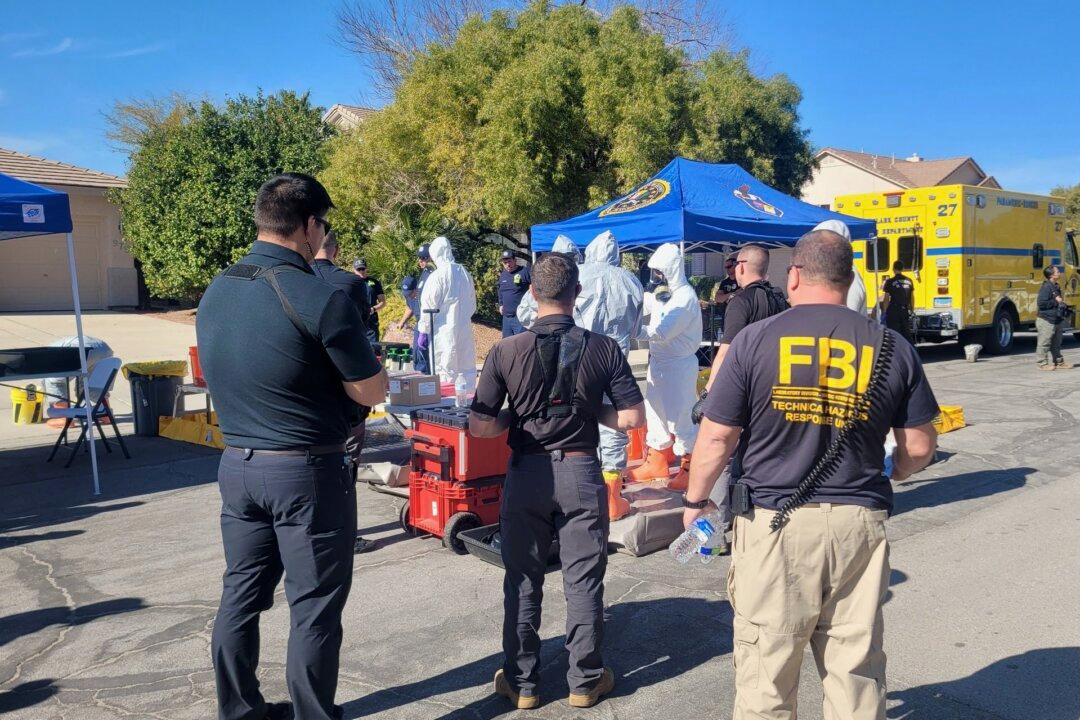Jiang Zemin’s days are numbered. It is only a question of when, not if, the former head of the Chinese Communist Party will be arrested. Jiang officially ran the Chinese regime for more than a decade, and for another decade he was the puppet master behind the scenes who often controlled events. During those decades Jiang did incalculable damage to China. At this moment when Jiang’s era is about to end, Epoch Times here republishes in serial form “Anything for Power: The Real Story of Jiang Zemin,” first published in English in 2011. The reader can come to understand better the career of this pivotal figure in today’s China.
Chapter 6: Desert Storm Shocks the Old Crook; Jiang Sides With the Left Cautiously (1990–1991)
The war in the Persian Gulf between the United States and Iraq broke out one year after Jiang became General Secretary of the CCP. The victory of the U.S. in Operation Desert Storm prompted Deng Xiaoping to reconsider the direction of China’s development.When Iraq invaded Kuwait on Aug. 2, 1990, the entire territory of Kuwait was occupied within but a day. Iraq’s invasion triggered acute reactions in the international community. Western countries, led by the U.S., carried out a military action, via a United Nations resolution, to counter Iraq’s invasion. Even though Iraq’s dictator Saddam Hussein was a good friend of the Chinese Communist Party and Iraq and China had a close relationship, China was isolated from the international community at the time and didn’t want to offend western countries by supporting Saddam Hussein.





